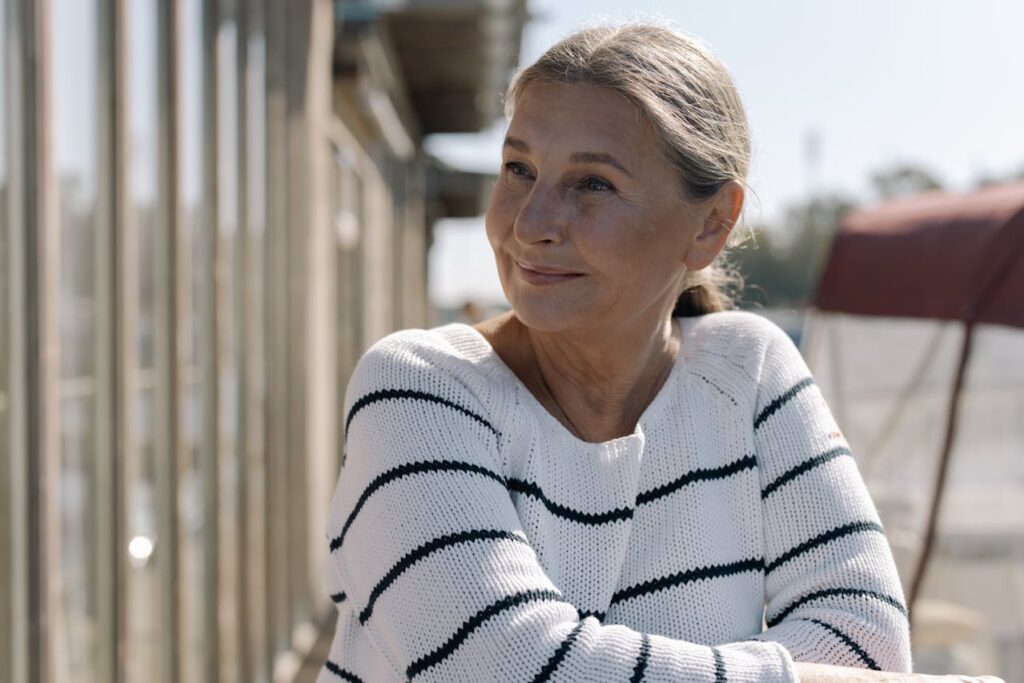10 Reasons Why You Need to Stop Apologizing for Saying No
Saying no can feel uncomfortable, especially when you worry about disappointing others or causing conflict. Many people find themselves apologizing even when setting boundaries is necessary for their own well-being.
You should stop apologizing for saying no because it allows you to protect your time, energy, and priorities without feeling guilty. Learning to say no confidently helps you create healthier relationships and maintain respect for yourself.
Saying no without apology protects your energy and schedule

When you say no without apologizing, you give yourself permission to prioritize your time. This helps you focus on what truly matters without feeling drained.
You don’t have to explain or justify your decisions constantly. Setting clear boundaries lets you protect your energy and avoid overcommitting.
Saying no directly, without feeling guilty, builds self-trust. It shows you respect your own limits and schedule. For more on this, see how setting boundaries can help you live intentionally at Dr. Loudon’s article.
It helps build healthier boundaries with others

When you stop apologizing for saying no, you clearly communicate your limits. This honesty helps others understand what you can and cannot take on.
Setting boundaries without apology shows you respect your own needs. It encourages others to respect them too.
You’re not trying to control anyone; you’re simply deciding how to respond when someone crosses a line. This builds trust and healthier relationships.
Learning to say no confidently lets you focus on what truly matters to you, without feeling guilty.
For more on how to set boundaries confidently, check out this advice on stopping apologizing for having boundaries.
You avoid appearing weak or easily influenced

When you say no without apologizing, you show confidence in your choices. It helps others see that you respect your own boundaries.
Apologizing too much for saying no can make you seem unsure or easily pushed around. You don’t need to explain yourself every time.
Standing firm without feeling guilty sends a clear message. People will take your decisions more seriously when you don’t over-apologize.
Some people think apologizing is a sign of weakness, but it’s actually about knowing your limits and valuing your time. Stop apologizing and feel more in control.
Learn more about why over-apologizing can undermine your strength at Freedom Sprout.
Stops devaluing your own time and prioritie

When you say no without apologizing, you show that your time matters. You set clear boundaries that protect your energy and focus.
Apologizing for saying no can make your priorities seem less important. It sends a message that you should feel guilty for putting yourself first.
By owning your decisions confidently, you teach others to respect your choices. This helps you maintain balance and avoid unnecessary stress in your life.
You don’t owe anyone an apology for managing your time wisely. Your priorities deserve recognition just as much as anyone else’s.
Learn more about why letting go of unnecessary apologies matters here.
Encourages others to respect your decisions

When you stop apologizing for saying no, you show others that your choices matter. It helps set clear boundaries about what you are comfortable with.
You teach people to take your decisions seriously. This can improve your relationships by creating mutual respect.
If you always apologize, others might think your no isn’t firm. Standing firm without unnecessary sorrys strengthens your position and encourages respect.
Being confident in your no helps others understand you value your time and feelings. This encourages healthier, more honest interactions.
Learn more about why it’s okay to stop apologizing in situations like this from this article on things to stop apologizing for.
Prevents unnecessary guilt and frustration

When you stop apologizing for saying no, you free yourself from feeling guilty over setting boundaries. You don’t owe anyone an excuse for protecting your time and energy.
Constantly apologizing can make you feel frustrated and drained. It can also confuse others about where you really stand.
By simply saying no without an apology, you keep clear communication. This helps avoid misunderstandings and lets you focus on what matters most to you.
Learning to say no confidently reduces unnecessary tension in your relationships. It’s okay to prioritize yourself without feeling bad about it.
For more on why it’s okay to stop apologizing, see 10 Things we Should Stop Apologizing For.
Boosts your confidence and self-worth

When you stop apologizing for saying no, you start valuing your own needs more. It shows that you respect yourself enough to set clear limits.
Saying no without feeling sorry helps you build confidence. You communicate your boundaries firmly, which makes you feel more in control of your choices.
This practice also boosts your self-worth because you’re not constantly putting others’ needs before your own. You learn to prioritize what truly matters to you.
Learning to say no means you honor your time and energy, which encourages others to do the same. It strengthens your sense of personal value.
For more on why setting boundaries is important, you can read about it here.
Saying no firmly reduces people-pleasing tendencies

When you say no clearly and confidently, you set healthy boundaries. This helps you avoid constantly trying to please everyone else at your own expense.
You might feel uncomfortable at first, but practicing this makes it easier to prioritize your needs. Saying no without apologizing stops the cycle of people-pleasing that drains your energy.
Over time, you build respect for yourself and others respect your limits too. Learning to say no firmly is key to protecting your time and emotional well-being.
For more advice on breaking free from people-pleasing, see how to say no and stop being a people pleaser.
It keeps your words meaningful when you truly need to apologize

When you stop apologizing for saying no, your apologies become more genuine and impactful. People will recognize when you are truly sorry because you don’t overuse the phrase.
Over-apologizing can make your words lose their value. If you say sorry all the time, it’s harder for others to see when you actually mean it.
By reserving apologies for real mistakes or hurt feelings, you show respect for your own boundaries and honesty. This helps others respect your words, too.
You can learn more about why it’s important not to apologize unnecessarily at CHAARG’s article on things to stop apologizing for.
You avoid accepting blame for things that aren’t your fault

When you say no without apologizing, you protect yourself from unfair blame. You’re not responsible for issues caused by others or situations beyond your control.
Apologizing when it’s not your fault can make people expect unnecessary apologies in the future. Saying no firmly helps set clear boundaries and shows you respect yourself.
Remember, it’s okay to stand your ground without feeling guilty. You don’t owe an apology for protecting your time and energy. This helps others understand your limits while keeping relationships healthy.
For more on why it’s important not to apologize for things that aren’t your fault, you can explore this Reddit life pro tip.
Related: 15 Clever Hacks To Reduce That Never-Ending Grocery Bill

Managing grocery expenses can be challenging for many households, especially with rising food costs and fluctuating budgets.
However, with some creativity and resourcefulness, you can implement numerous clever hacks to reduce your never-ending grocery bill without sacrificing the quality or variety of your meals.







